
As we recall how Typhoon Yolanda/Haiyan flattened entire barangays and reconfigured our living spaces exactly two years ago, we are reminded of our daunting duty to those who lost their lives to the typhoon: to ensure we learned from that experience by protecting our lives, families, and properties better from similar extreme events.
That protection can come in various forms, but the clearest sign of a government steadfastly fulfilling its duty is by, first, institutionalizing needed reforms through effective lawmaking and, second, ensuring these improved laws are fully implemented.
Our current disaster law, the Philippine Disaster Risk Reduction and Management Act of 2010 (Republic Act 10121), paved the way for reforms by shifting our disaster framework from one of relief and response to one of risk reduction and management. This created a proactive, as opposed to a reactive, approach to disasters.
RA 10121 created the National DRRM Council (NDRRMC) to address the needs its predecessor, the National Disaster Coordinating Council (NDCC), was ill equipped to meet. Moreover, recognizing the changing face of disasters and the way they must be managed, RA 10121 provided a mechanism of self-review.
The law calls for an evaluation of its provisions every 5 years to gauge its effectivity and identify areas that could be improved through amendment. Towards this end, the Office of Civil Defense (OCD), as administrator of the country’s DRRM program, has led consultations with various groups to identify key areas for improvement. With the assistance of the United Nations Development Programme, the OCD has been conducting policy writeshops with representatives of various government agencies, CSOs, and the private sector.

The Ateneo School of Government, as the representative of academe and independent research institutes, is one of 4 CSO members of the NDRRMC. We have been engaging with policymakers in the ongoing sunset review of RA 10121.
We summarize the most critical issues that we, and other stakeholders engaged in the review process, believe the amendment should cover:
- The creation of an independent DRRM organization with sufficient powers to fulfill its mandate
- The promulgation of clear guidelines on the use of the country’s national and local DRRM funds
- The establishment of comprehensive risk insurance and risk transfer mechanisms
- The full implementation of the law at the local levels. We focus on the first, as it is the foundation of reform, and briefly discuss the rest.
Creating an independent DRRM Authority
A truly effective system requires clear leadership and accountability mechanisms. We have repeatedly advocated the creation of an independent, standalone disaster management organization charged with overseeing a unified strategy to prevent, prepare for, respond to, and recover from natural and human-induced disasters. We need a single organization (whether an agency or authority) with whom the proverbial buck stops. More importantly, this organization should have access to sufficient funds, manpower, and resources to allow it to fulfill its mandate.
The current structure under RA10121, with the OCD – an office under the Department of National Defense – as administrator of the country’s DRRM program, and the NDRRMC as a policy-making and coordinating body, has been ineffective. Processes have been stalled due to thick bureaucratic layers, leaving disaster managers unable to respond effectively, particularly during the critical 24 to 48 hours immediately following a hazard.

Recognizing this gap, policymakers have, in recent discussions, welcomed the creation of a new DRRM Authority, which will be the primary government body responsible for overseeing, coordinating, and implementing a comprehensive DRRM program. It is to be attached to the Office of the President in recognition of the importance of its function and the multi-disciplinary nature of DRRM tasks.
The NDRRMC will continue to exist as a policy-making and advisory body; however, its chairmanship will be transferred to the President. The DND Secretary, who currently chairs the NDRRMC, will become one of the Council members. The head of the proposed Authority, with the rank of a Cabinet Secretary, will replace the OCD Administrator as Council member, in addition to becoming a fifth vice-chairperson of the Council.
Under the proposal, the Council’s membership will be increased from 44 to 51, with the addition of the following: the Chairperson of the Commission on Human Rights; the Executive Director of the Council for the Welfare of Children; the Chairperson of the National Council for Disability Affairs; the Chairperson of the National Commission on Indigenous Peoples; the Secretary of the National Commission on Muslim Filipinos; and the Chairperson of the National Youth Commission. This augmentation is to ensure that the new DRRM system is inclusive and comprehensive.
Establishing clear guidelines on use of DRRM funds
Consultations with various local government units (LGUs) have revealed great confusion with regard to the generation and use of DRRM funds.
Many LGU officials are unclear on how they can access these funds, and when. The Commission on Audit has found a huge divergence in the understanding of what initiatives constitute acceptable programs within the various thematic areas (prevention and mitigation, preparedness, response, and recovery and rehabilitation). This misunderstanding is a critical gap, since LGUs are the first responders during disasters, and their inability to use funds before the occurrence of hazards increases the risk that disasters will ensue.
To address this gap, the proposed bill mandates the establishment of clear guidelines on the sources and use of DRRM funds, both national and local. Improved fiscal management will enable disaster managers and, equally important, the public, to understand what happens to DRRM funds allocated from the national budget, as well as from donations of other governments, international and intergovernmental organizations, CSOs, and the private sector.
In line with the proposed structural reorganization, the Authority should have the power to monitor and manage the funds allocated for DRRM, whether from the government or from external sources. Appointing the Authority to manage these DRRM funds also establishes a clear line of accountability for their proper disbursement and expenditure.
Insuring livelihood and property against hazards
With billions lost from each disaster, one pillar of an effective DRRM program is the creation of a risk insurance and risk transfer mechanism.
This mechanism will allow micro, small and medium enterprises to get back on their feet after the occurrence of hazards, despite the loss of resources required to continue their business operations. This, coupled with the creation of business continuity plans, will increase the resiliency of community members and reduce their dependence on external aid after a hazard disrupts their livelihood.

Fully localizing the law
Another key issue plaguing the current DRRM system has been its inability to create functional DRRM offices at the levels of provinces, cities, municipalities, and barangays. A strategic area for intervention is thus the full implementation of the law at every local level.
This includes fully staffing DRRM offices at the regional and all local levels through the creation of sufficient plantilla positions. Institutionalizing these positions will insulate local disaster managers from partisan politics and ensure the continuity of DRRM programs at the local level, despite frequent changes of local chief executives following their terms of office. Having permanent staff will also guarantee that the pool of personnel trained in DRRM will not be replaced with less able people with every change in local administration.
A promising innovation in the proposed bill is the imposition of penal provisions for the failure to implement the law, and the creation of a Public Assistance and Complaints Office to help citizens aggrieved by the inaction or mismanagement of local officials during disasters. These measures should provide the impetus to implement the law fully. However, we note that this full localization should be supported by the provision of necessary resources by the national government.
Involving the whole of society in DRRM
Throughout the entire process of improving our country’s DRRM system, it is important that all sectors of society are included. The increasing frequency and intensity of hazard events require a comprehensive and inclusive approach to disaster management.
Aspects of this approach include the provision of DRR training in school curricula at all levels of education, whether public or private, as well as the continued engagement of various sectors of society in developing the DRRM system.
We recognize substantial successes in this particular area. We have seen how the OCD continually engages with various government agencies, CSOs, and LGUs, soliciting stakeholder feedback.
Significantly, we have seen our policymakers’ openness to implement the 4 key intervention areas described above, recognizing them as credible ways to improve our DRRM system.
Looking ahead
While much more remains to be done, we have come a long way from the old bumbling system unable to respond to disasters to one with the potential to manage potential hazards proactively to prevent disasters. We are on the right track to achieving the vision of an effective Philippine DRRM system. Our policymakers, CSOs, and other stakeholders are tirelessly working to improve the system so that, despite the predicted increase in the intensity and frequency of hazards, disasters can become things of the past.
Two years after Yolanda, we have moved forward. But we need to adopt and implement these reforms faster. After the sunset review, it is our hope that Congress will act decisively and prioritize particularly the institutional reforms recommended and create a new, independent DRRM authority. Otherwise, Yolanda will be repeated and we will only have ourselves to blame. – Rappler.com
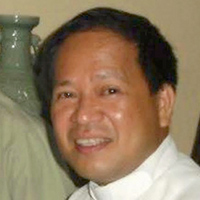



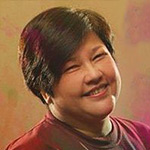
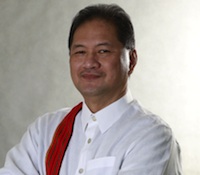
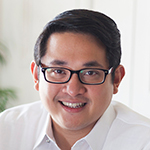


 It isn't really just about the special traffic lanes or even the reorganizing of the life of the nation's capital for a few days because of the Asia-Pacific Economic Cooperation (APEC) summit.
It isn't really just about the special traffic lanes or even the reorganizing of the life of the nation's capital for a few days because of the Asia-Pacific Economic Cooperation (APEC) summit.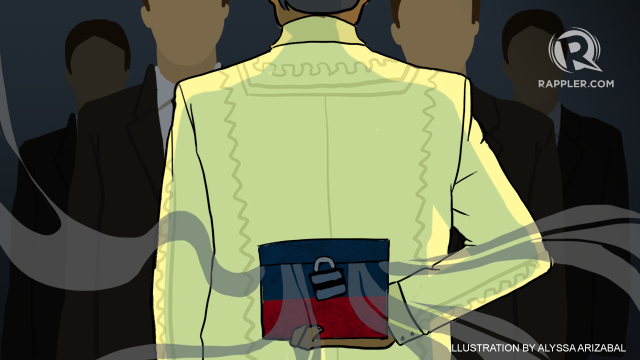
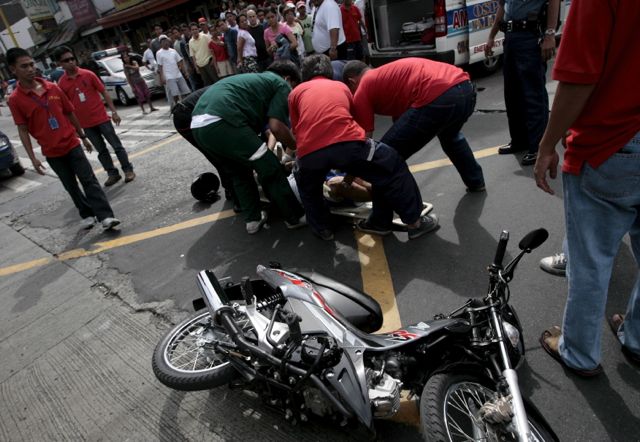
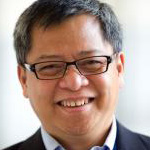 (I normally desist from commenting on the politics of my place of work but was drawn by the stories below because of how much they remind me of extremism back home. So here goes my two centavos worth of observations)
(I normally desist from commenting on the politics of my place of work but was drawn by the stories below because of how much they remind me of extremism back home. So here goes my two centavos worth of observations)



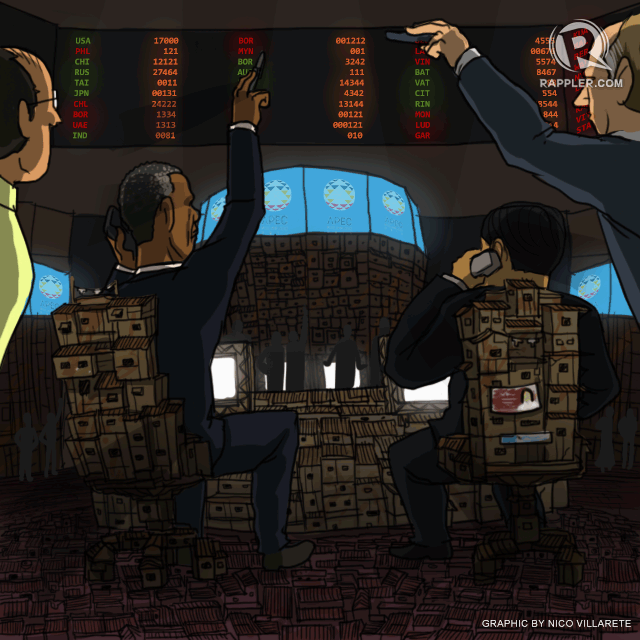
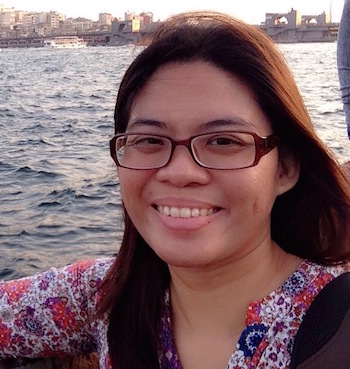


 “Evaluation” – the word may not be punchy or attract attention.
“Evaluation” – the word may not be punchy or attract attention.

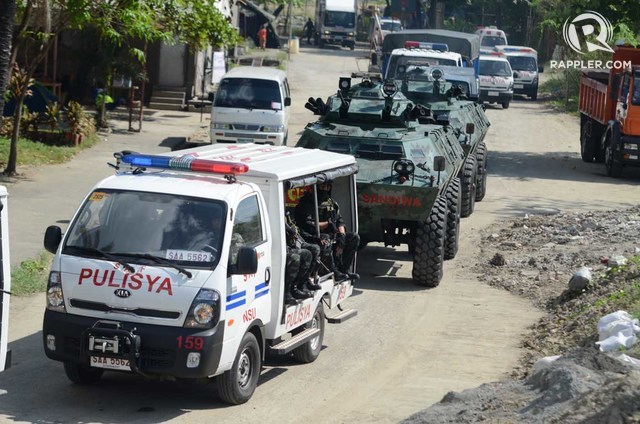
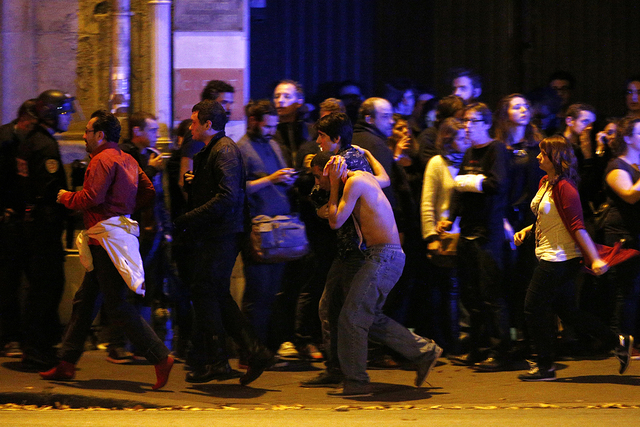
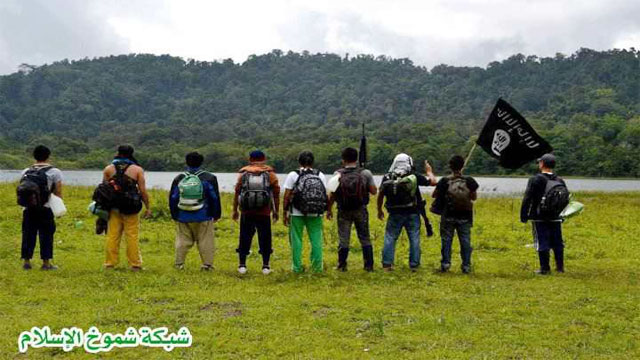
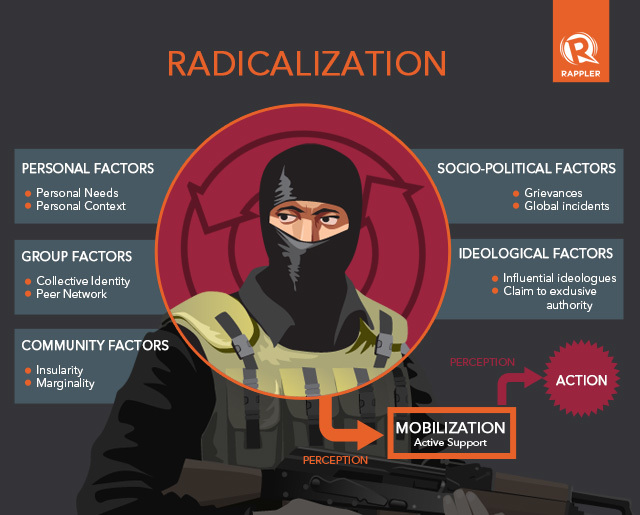
 Various heads of state will be gracing the Economic Leaders’ Meeting of the Asia-Pacific Economic Cooperation (APEC) forum on November 18 in Manila; and it just might seal the fate of the worsening global climate crisis long before the COP 21 climate talks begin.
Various heads of state will be gracing the Economic Leaders’ Meeting of the Asia-Pacific Economic Cooperation (APEC) forum on November 18 in Manila; and it just might seal the fate of the worsening global climate crisis long before the COP 21 climate talks begin.

 Dear Prime Minister Trudeau,
Dear Prime Minister Trudeau,
